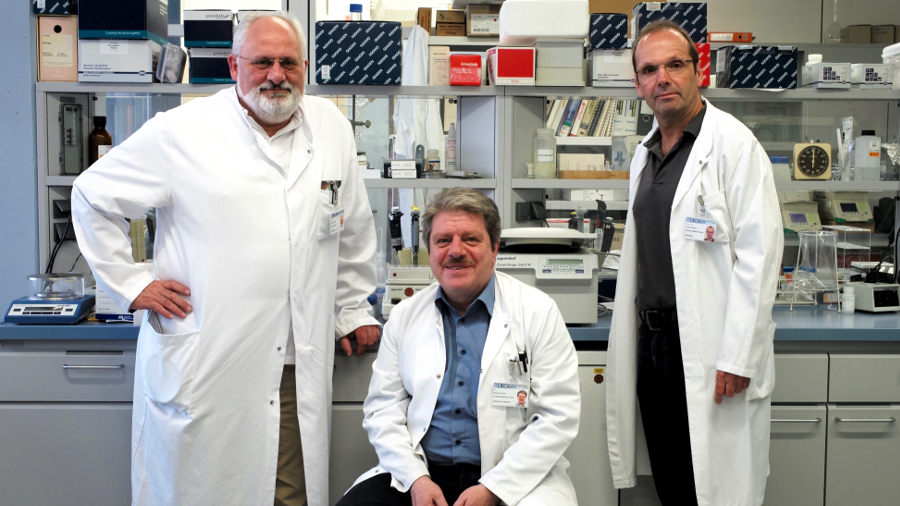Calling Dr Watson: IBM's AI helps to diagnose diseases
Diagnosing rare diseases could become elementary – or at least a much easier task for doctors thanks to Watson

Sign up for breaking news, reviews, opinion, top tech deals, and more.
You are now subscribed
Your newsletter sign-up was successful
IBM’s Watson is turning its artificial intelligence smarts to all sorts of uses of late, and following fighting the Zika virus, it’s now helping German doctors to diagnose rare diseases.
The Rhön-Klinikum group of private hospitals over in Germany has announced its intention to use a pilot ‘cognitive assistance system’ provided courtesy of Watson, at the organisation’s Centre for Undiagnosed and Rare Diseases, which is based in the University Hospital Marburg.
When patients contact the centre, they come with a lengthy medical history bristling with lab tests, prescriptions, clinical reports and all manner of sprawling data. And unsurprisingly, physicians struggle to make sense of all this unstructured data in a timely fashion.
Professor Dr Jürgen Schäfer of the University Hospital Marburg (far left in the above picture, next to Dr Muhidien Soufi and Dr Volker Ruppert) commented that: “It’s not uncommon for our patients to have thousands of medical documents – leaving us overwhelmed, not only by the large number of patients, but also by the huge amount of data we have to review.
“This is especially challenging since our work is often like looking for the proverbial needle in the haystack – even the smallest piece information could lead to an accurate diagnosis.”
Pilot project
The process of fully reviewing a patient’s history and making a diagnosis can take several days, in fact, so the idea is to bring Watson on board in a year-long pilot project in which the AI will analyse and crunch said data, supporting doctors in their findings and helping speed everything up while maintaining safety.
Patients will fill out a digital questionnaire which will be piped through to Watson, although not before the data has been anonymised.
Sign up to the TechRadar Pro newsletter to get all the top news, opinion, features and guidance your business needs to succeed!
Dr. Matthias Reumann of IBM Research, healthcare scientist and technical leader of the project, commented: “Using cognitive computing we are building a list of hypothesis which we then present to the doctors, including their sources, for the ultimate data driven diagnosis. If one lab result is slightly out of the normal range, Watson can find it for further investigation.”
The new system will not only help with diagnosis, but also to route patients through the correct medical channels, ensuring they see the right specialists and so forth, and ultimately saving time and money in terms of avoiding mistakes when it comes to treatment.
Image Credit: IBM Research
Darren is a freelancer writing news and features for TechRadar (and occasionally T3) across a broad range of computing topics including CPUs, GPUs, various other hardware, VPNs, antivirus and more. He has written about tech for the best part of three decades, and writes books in his spare time (his debut novel - 'I Know What You Did Last Supper' - was published by Hachette UK in 2013).